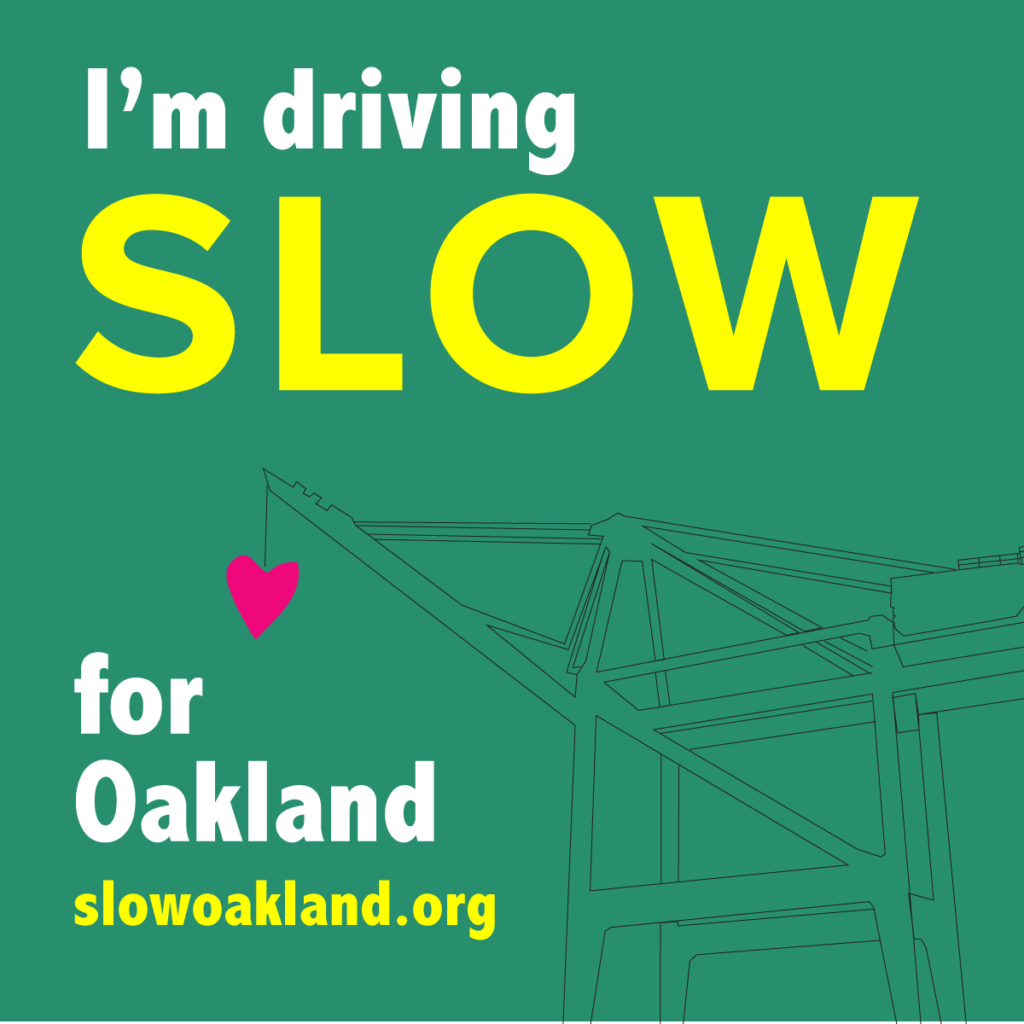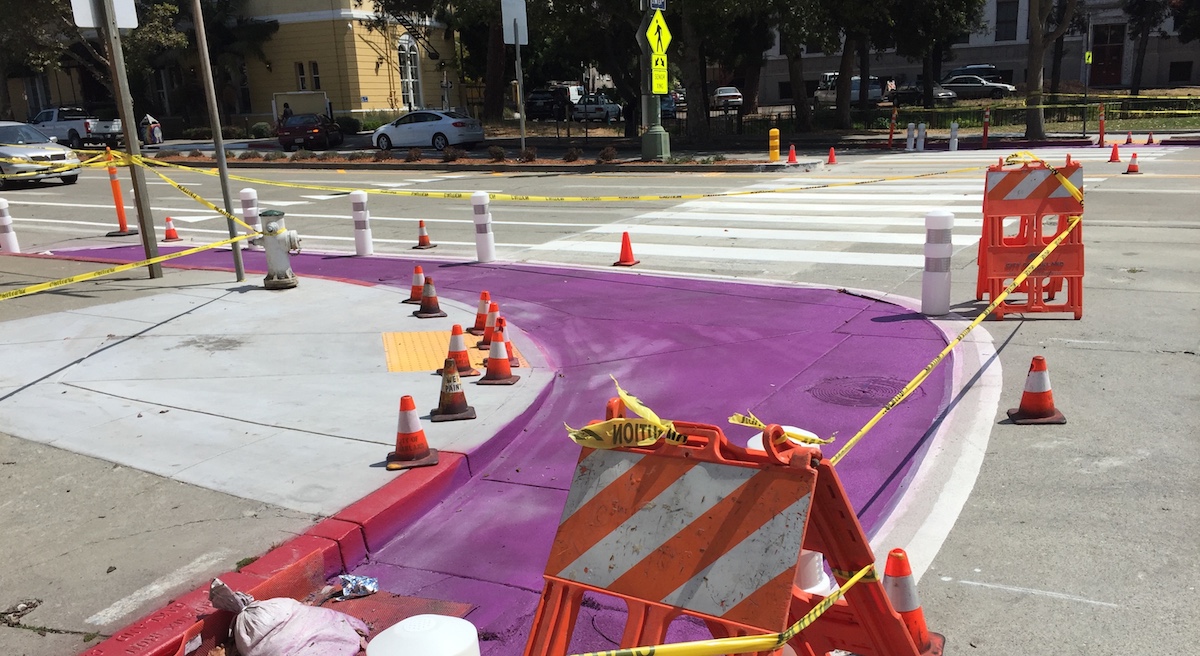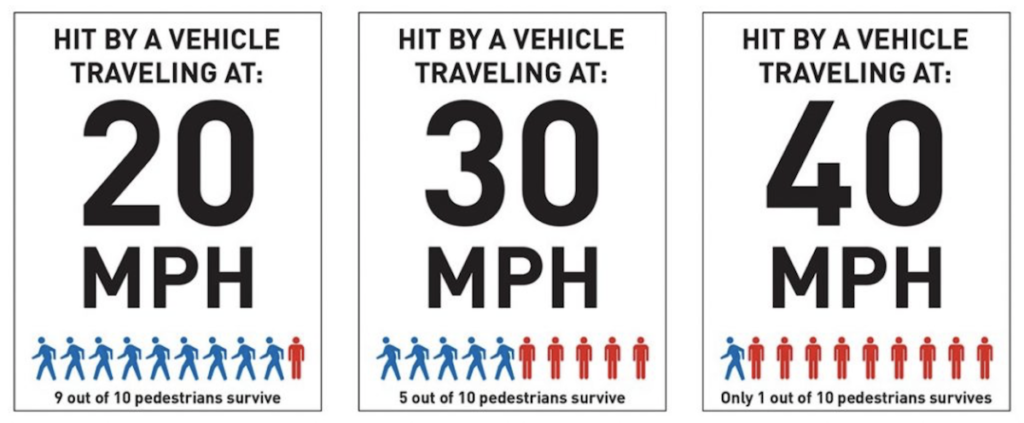GOAL: Promote Street Calming and Reform of Inequitable Traffic Enforcement Policies in Oakland By Forming A Coalition to Equitably Address Excessive Speeds on Our Streets.
Unsafe Streets Disparately Impact low income residents, seniors, disabled persons and communities of color.
Existing Enforcement Practices are applied inequitably, contribute to overpolicing, and are ineffectual at changing dangerous behaviors
Fines and fees related to traffic infractions inequitably impact low income drivers.

Traffic Violence Has a Major Impact in Oakland and Speed is one of the leading contributing factors to such crashes
From 2014 to 2018 more than 12,000 vehicle collisions were reported on Oakland streets, causing 140 fatalities. Over 1500 pedestrians and 950 bicyclists were struck by vehicles. One in four Oaklanders killed are involved in a crash where speed is a primary factor.

Neighborhoods with more lower income residents tend to be disparately impacted by excessive speeds
High speeds and traffic violence affect Oakland communities not only physically, but also economically. Studies have shown that fatality rate are twice as high in America’s poorest neighborhoods as in higher-income neighborhoods. The High Injury Corridors in Oakland are largely located in areas identified as “highly disadvantaged,” with greater barriers to mobility.
To establish greater Transportation equity we have to make the least expensive forms of transportation accessible, reliable and safe. And we must remedy a historic lack of investment in low-income neighborhoods where a disproportionate number of crashes with severe and fatal injuries occur.

Crashes Inequitably Impact Oaklanders by Race and Age
- Black Oaklanders are 3 times as likely to be killed or severely injured while walking
- Asian residents are 2 times as likely to be killed or severely injured while walking
- Those over 65 years old are 2 times more likely to be killed in a crash. 67% of their fatalities occur while walking
Get Involved
Stay up to date on this project by joining our mailing list!
Become a Walk Oakland Bike Oakland donor and support this campaign.
We’re looking to collect 500 pledges by the end of December 2019. Please come out and get others to sign on to the pledge during our December outreach days!
Tell us if you can help this coming weekend:
- Saturday, 12/14 at Grand Lake Farmers Market (10am-1pm)
- Sunday, 12/15 at Foothill and Fruitvale (1pm – 4pm)
